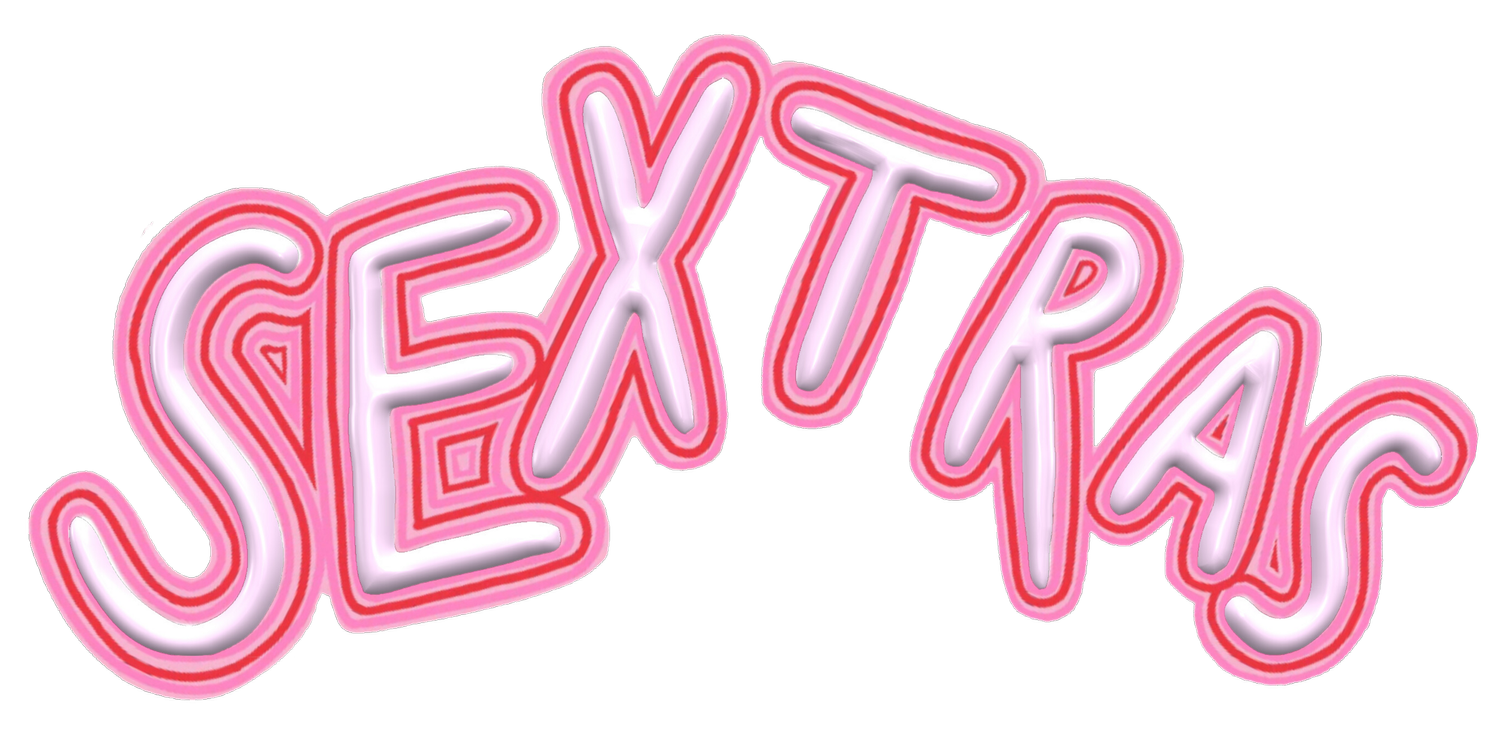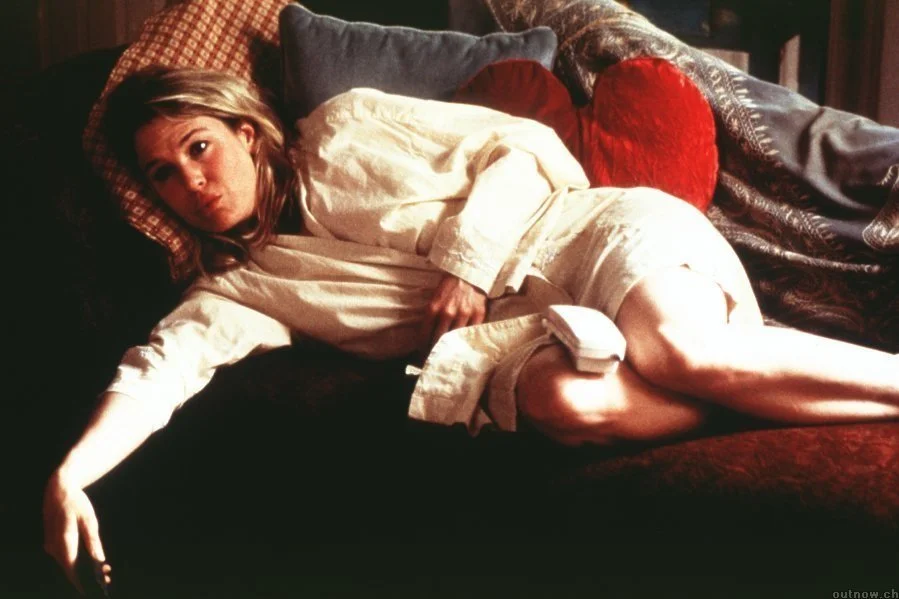Bridget Jones might just save us from ‘that girl’
As the fourth and final movie in the Bridget Jones series hits cinemas, Charlie Elizabeth Culverhouse looks back at the character’s exploits, misdeeds, and controversy to see exactly why both Millennials and GenZers love the frazzled English everywoman
In preparation for the release of Bridget Jones: Mad About The Boy (14 February 2025), of course I had to go back and rewatch the three existing films in the series: the OG Bridget Jones’s Diary (2001); Bridget Jones: The Edge Of Reason (2004), and our most recent installment of frazzled English woman hilarity, Bridget Jones’s Baby (2016).
Binging the films in my pyjamas with the biscuit tin close at hand, I quickly came to the conclusion that I am Bridget Jones – while I might have still been in nappies when the iconic character first graced the screen and wasn’t even conceived when Helen Fielding dreamt her up in the newspaper column that spawned into her best-selling novel Bridget Jones’s Diary – I am Bridget Jones. Or she is me. And it’s not often I feel that connection to anyone, fictional or not, in our world of perfectly curated That Girls.
It’s something any 20-something year old woman will realise and relate to from the very first scene of the film, with our introduction to Bridget being of her eating ice cream in pyjamas as she wails along to Celine Dion’s All By Myself. We’ve all been there – though maybe not in the Borough Market flat she so enviously managed to buy on a single income.
Read more: The Top 10 autumn rom-com leads
The backlash to Bridget Jones
Since that very first meet-cute, we’ve seen Bridget fall in love, out of it, and back in deep again – then out again and back…and it’s this frazzled, uncertain approach to life that’s caught Bridget some flack.
In 2001, Peter Bradshaw called her ‘the world's biggest prat’, ‘an egregious emotional imbecile’, and an ‘infantile clown’ in The Guardian. She didn’t fare better in the Telegraph either, with Andrew O’Hagan writing that, while ‘she is a bit of a laugh,’ she’s also ‘a flighty, second-string cipher in a chocolate-box study of England’.
More recently, Bridget’s been called lazy, regressive, and a bad role model for women by Glamour’s Emily Maddick. And others have berated her for not caring enough about or being good at her job, and called her misogynistic, loud-mouthed, too much, and even toxic.
It paints a scathing picture of the icon. But if you, like I have, rewatched the films today – which side note, are genuinely hilarious – you’ll realise that not only is Bridget none of those things, she is in truth one of the most important female characters we’ve got in film.
Bridget Jones, the frazzled Gen Z icon
Bridget Jones is not a perfect person. She is messy, riddled by neuroses, and loves smoking, binge drinking, and male validation. She is not the put-together 30-something that we often look up to or traditionally see on film, and that makes her seem like an outlier. She’s not, though.
She’s an everywoman, someone we might not look up to but relate to, with most of us possessing, if not all, then at least half of her personality traits; her clumsiness, tendency for self-criticism, and optimistic determination being just three examples.
“Bridget doesn’t try to get her life together by joining TikTok’s 5am club or by framing her life around morning juices and cross-country runs, though she wishes she had the effort in her to try”
As happens to us all, her constant wish to be and do better never quite hits the mark. But she remains outspoken, charming, and embraces getting swept away by her emotions, obsessions, and morals, even if they do leave her shouting at a bunch of balding, rich white men about the patriarchy at her boyfriend’s work do – sorry Mark.
As her critics point out, there’s one thing Bridget Jones is not, and it’s That Girl. But while they see this as a bad thing, I believe it’s her most redeeming quality. She doesn’t try to get her life together by joining TikTok’s 5am club or by framing her life around morning juices and cross-country runs, though she wishes she had the effort in her to try. Similarly, her entire life is not framed around work like today’s corporate girlies, but what work offers her – and that’s money and independence.
So she enjoys going out with friends, gossiping mostly about sex and the wonders of orgasms, and then, when the time comes to go home alone, her brain runs through the same highly relatable neuroses we all experience in the evening hours. “I will not sulk about having no boyfriend,” or, “I feel like an idiot most of the time,” or, “I will stop forming romantic attachments to any of the following: alcoholics, workaholics, sexaholics, commitment-phobics, peeping toms, megalomaniacs, emotional fuckwits, or perverts.” Oh, those empty promises…
It’s this approach to life that has seen somewhat of a Bridget Jones revival among GenZers, who were all too young to appreciate her when the first film came out. Thanks to the Frazzled English Woman aesthetic – which you’ve definitely seen on TikTok as people show off mismatched outfits over snippets of Bridget’s most iconic lines – the Bridget Jones outlook on life has taken off. Countering curated clean girl aesthetics, Bridget encourages embracing emotion, passion, obsession, and an acceptance of the difference between how you’re expected to be and how you actually are.
Read more: Is girlcore feminist?
Bridget Jones’ legacy
And that’s the legacy she leaves behind as we meet her in her 50s for the last film in the franchise. GenZers like myself might not be able to directly relate to her struggles in Mad About The Boy as she takes on the grief of losing her husband, the struggles of single parenthood, and the dramatics of online dating in your 50s. But I’m sure we’ll all enjoy the age gap relationship the trailers have been teasing, and love Bridget for embracing her funny, clumsy, and chaotic self.
Just like Bridget, we're all in the wrong here or there, choosing love over everything, letting our fantasies and failings distract from our jobs, obsessing over our weight when we know it's not ‘feminist’ of us. So the critics are right; Bridget Jones is not a role model. She's not that girl we all want to be.
She is us, as we already are, a reflection that we all see ourselves in – even in our darkest moments when cheesy pasta and tear-jerking ballads are the only thing getting us through. Especially then, actually.


